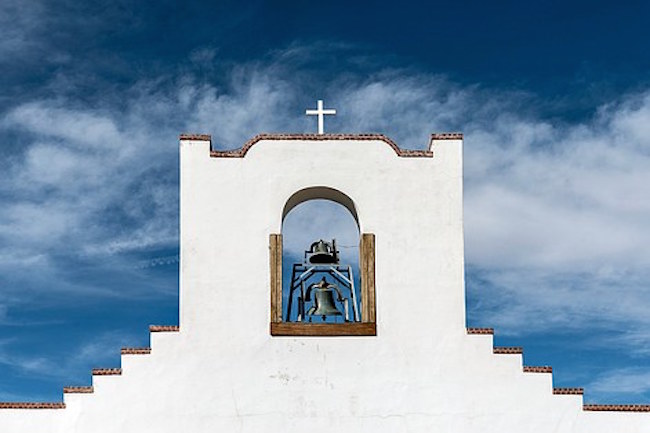No, Western Christians Are Not In Exile by for Christianity Today
But the church will live under occupation until the return of our King.
If you attend a mostly white, evangelical church in the 2020s, you have probably been told by your pastor that you are an “exile.” This is not by accident. He or she has been taught to imagine himself, his flock, and the church in our country as exiles from our worldly culture.
At its heart, this modernized exilic framework grieves secular shifts in Western culture and laments the loss of place the Christian church once had in our society. It equates our situation with what the people of Judah experienced and suffered after being exiled from Israel—while living in Babylonian captivity after the destruction of Jerusalem and their temple in 586 B.C.
This comparison largely began in the ’90s, drawing from the work of German-American theologian Walter Brueggemann and those building upon him. In The Church in Exile: Living in Hope After Christendom, Canadian Christian and Missionary Alliance theologian Lee Beach summarizes this exilic mindset as “the experience of knowing that one is an alien, and perhaps even in a hostile environment where the dominant values run counter to one’s own.” Beach contends that Christians should think of themselves as exiles in all times and places.
As evidence of evangelicals’ exilic status today, Beach points out the difference between Canada’s centennial celebration in 1967, which featured a Christian worship service, and Canada’s memorial service after 9/11, which did not. He notes, “If such national gatherings provide insight into the ethos of the nation, then in thirty-four years Canada had moved from a nation in which the church played a major role to one in which it was no longer included at all.”
The problem today with labeling North American evangelicals as exiles is that it becomes a form of cultural appropriation that minimizes the suffering of real exiles—and misrepresents the original Jewish exile. Moreover, it does not reflect the past or present status of the Western church and is therefore not a fitting, factual, or biblical metaphor for modern-day ministry.




